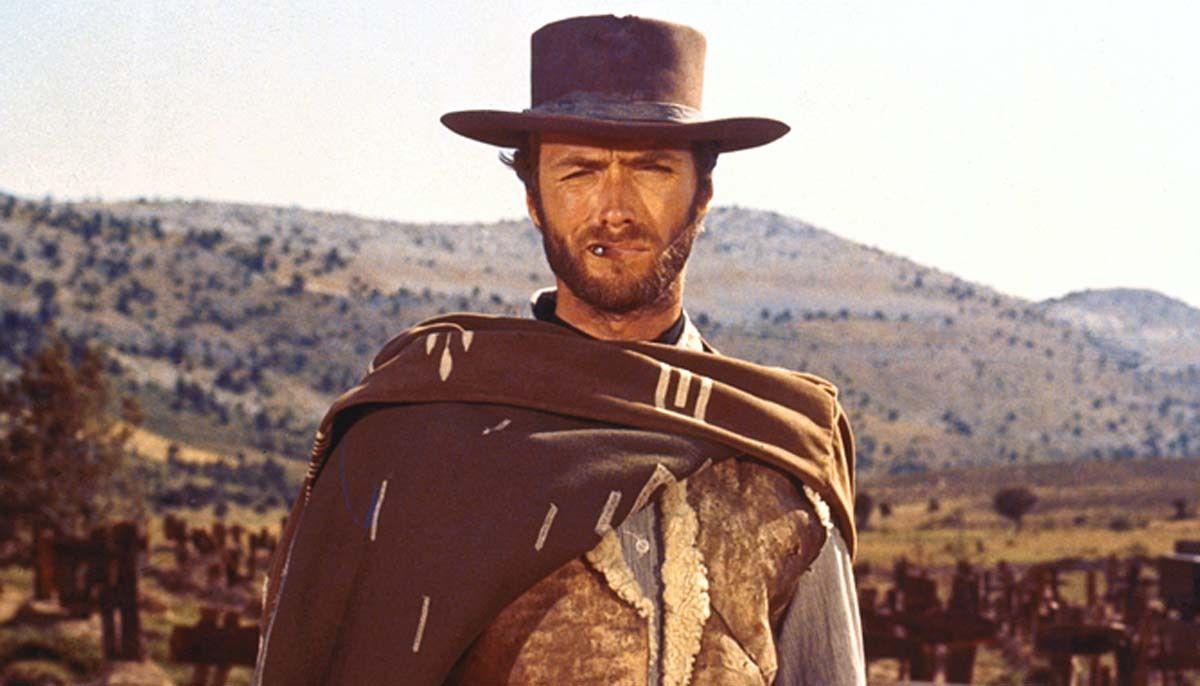The Good, the Bad and the Ugly (1966) | Movie Review

The Good, the Bad and the Ugly is a classic Western film directed by Sergio Leone and starring Clint Eastwood, Lee Van Cleef and Eli Wallach as three outlaws who compete for a hidden treasure during the American Civil War. The film is the third and final installment of Leone's Dollars Trilogy, following A Fistful of Dollars and For a Few Dollars More, and is widely regarded as one of the best and most influential Westerns ever made.
The last installment of the trilogy is divided into three chapters, each focusing on one of the main characters: The Good (Eastwood), The Bad (Van Cleef) and The Ugly (Wallach). The Good, also known as Blondie, is a bounty hunter who teams up with The Ugly, also known as Tuco, a wanted criminal, to collect the bounties on Tuco's head. The Bad, also known as Angel Eyes, is a ruthless mercenary who works for both sides of the war, killing anyone who stands in his way. The three men cross paths when they learn of a buried fortune of $200,000 in gold, hidden in a cemetery by a dying Confederate soldier named Bill Carson. Each of them has a piece of information about the location of the treasure, but none of them knows the exact grave where it is buried. Thus begins a cat-and-mouse game of betrayal, deception and violence, as the three men try to outwit and outgun each other, while also dealing with the horrors and chaos of the war.
It is a masterpiece of cinematic storytelling, combining stunning visuals, memorable music, unforgettable characters and a gripping plot. Leone's direction is masterful, creating a unique style that blends realism and stylization, epic and intimate, comedy and tragedy. He uses long shots and extreme close-ups, slow motion and fast editing, silence and sound, to create a dynamic and expressive film language that conveys the mood and tension of each scene. He also makes effective use of the widescreen format, filling the screen with vast landscapes, crowded battlefields, and expressive faces. The film was shot on location in Spain and Italy, using mostly local actors and extras, giving the film a distinctive and authentic look.
The film also features one of the most iconic and influential film scores of all time, composed by Ennio Morricone. The score is a mix of orchestral, choral, and electric guitar music, creating a rich and varied musical palette that reflects the different personalities and emotions of the characters. The score also includes the famous main theme, which consists of a coyote-like howl, a gunshot, and a whistled melody, representing the three main characters. The theme is catchy, memorable, and instantly recognizable, and has become synonymous with the Western genre.
It also boasts three outstanding performances from its lead actors, who create memorable and complex characters. Eastwood, who had already established himself as a star in the previous two films of the trilogy, plays The Good with a cool and calm demeanor, a sharp eye, and a dry wit. He is a man of few words, but many actions, and he has a sense of honor and justice, even if he is not above cheating and lying. Van Cleef, who had played a supporting role in For a Few Dollars More, plays The Bad with a cold and cruel expression, a piercing gaze, and a sinister smile. He is a man of no morals, no loyalty, and no mercy, and he enjoys killing and torturing his victims. Wallach, who was the only American actor among the three, plays The Ugly with a lively and humorous personality, a loud voice, and a cunning mind. He is a man of many flaws, many vices, and many troubles, but he also has a human side, and he forms an unlikely friendship with The Good.
This Sergio Leone's film is not only an extraordinary Western, but also a great war film, as it depicts the brutality and absurdity of the Civil War without taking sides, but showing the suffering and corruption of both the Union and the Confederate armies, as well as the civilians caught in the crossfire. There is also an exploration of themes such as greed, betrayal, friendship, and death, and how they affect the characters and their choices. The film reaches its climax in the famous final showdown, where the three men face each other in a Mexican standoff in the cemetery, while the music builds up to a crescendo. The scene is a masterpiece of suspense, editing, and music, it is one of the most thrilling and memorable scenes in film history, and it has been referenced, made into a tribute (in many scripts written by Quentin Tarantino) and copied by many other directors.
The Good, the Bad and the Ugly is a film that transcends its genre and its time, and has become a timeless and universal classic. It is a film that appeals to both the intellect and the senses, and that offers both entertainment and art. It is a piece of Cinema with capital letters, and, as such, it has inspired and influenced countless filmmakers and film lovers, and it has earned a place among the greatest films of all time.